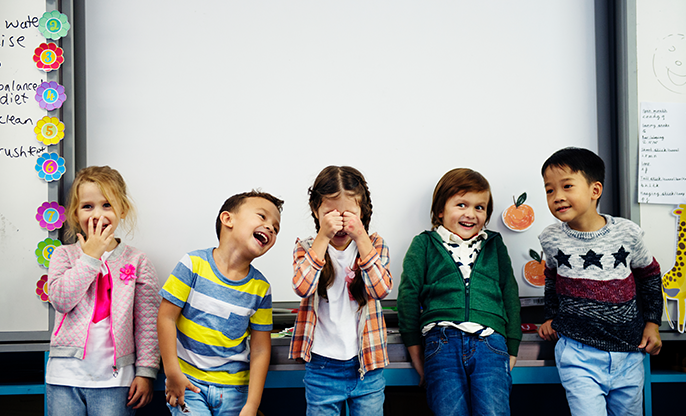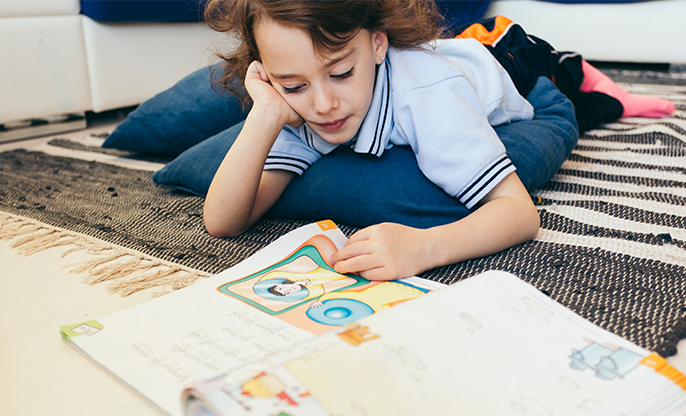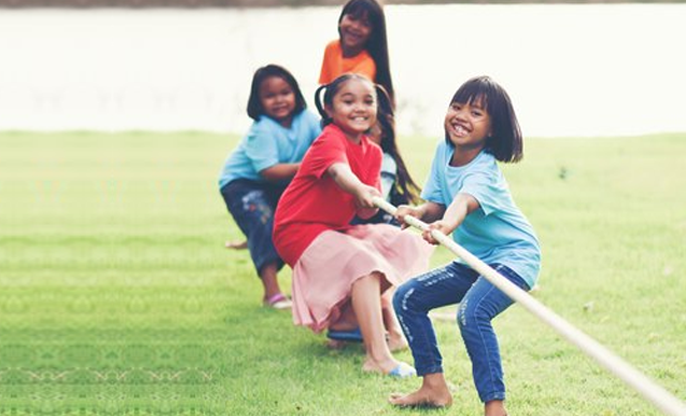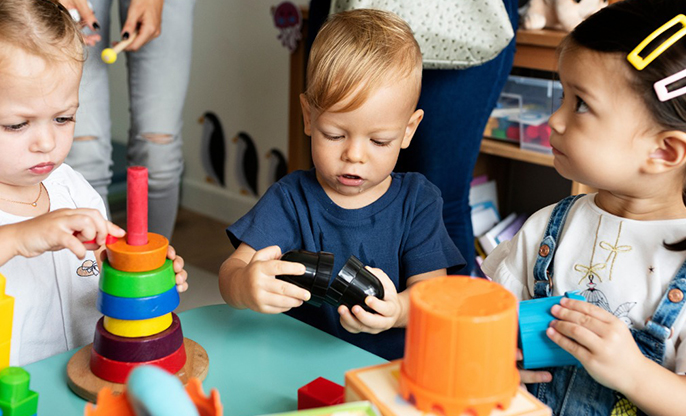
Raising Happy Kids Social-Emotional Development in Children
Raising happy children
As parents, we all want our children to be happy and successful. From the time they're born, we encourage and cheer them on and try to give them the best start in life.
But when we think about our children's success, we don't often think about their social-emotional development, even though it greatly impacts their happiness and future successes.
In this article, we'll explain social-emotional development and why it matters. We'll also provide practical tips for helping your child develop healthy social-emotional skills.
Overview of Social-Emotional Development in Children
Raising happy children starts with understanding their social-emotional development. This is the process of developing self-awareness, understanding, managing emotions, and building relationships with others.
Throughout their childhood, children learn how to express and manage their feelings, make friends, regulate their behaviour, and interact positively with others. These skills come together to form a solid foundation for their mental health and well-being throughout life.
Social-emotional development begins in early childhood and continues into adolescence. As your children grow up, they'll experience different stages of development, which will affect how they relate to others in social situations.
The 3 Key Phases of Development
The first phase is attachment - the emotional bond that forms between parents and their children from birth. This bond is essential for social-emotional growth in toddlers, as it fosters trust and helps them to develop a positive self-image.
The second phase is self-regulation, which refers to a child's ability to control their emotions, express themselves effectively, and handle difficult situations. This can be encouraged by limiting behaviour and sticking to routines with consistent rules.
Lastly, the third phase is social competence- the ability to adjust and cooperate in various settings with different types of people. Social competence and self-confidence can be nurtured through pretend play, which helps kids learn important skills such as communication, problem-solving and empathy.
Strategies to Foster Positive Social-Emotional Development
Raising a child with strong social-emotional skills looks different for every family, but some tried and tested strategies can help foster these skills in our children.
Foster Connections & Relationships
Talk to your child about their experiences and how relationships can be positive and challenging. Help them practice empathy and understanding by role-playing different scenarios and providing them with words of affirmation.
Practice Communication & Conflict Resolution
Communicating effectively is an essential part of developing strong social-emotional skills. As they grow, teach your kids how to use their words to express themselves and, most importantly, how to listen. Simple activities like asking open-ended questions or playing board games that involve taking turns can help them learn important communication skills.
It's also important for children to learn conflict resolution, so when an issue arises, remain calm, identify the problem, discuss potential solutions, reach an agreement about the best solution for everyone involved, and follow through on your agreement.
Encourage Self-Regulation & Self-Control
Please help your child recognize emotions when they arise and develop strategies together for healthily managing those emotions, such as deep breathing or counting down from 10. Being able to self-regulate allows children to be more aware of their feelings and encourages them to stay grounded even when faced with difficult situations.
With your love, understanding, and guidance, you can instil in your children the values, skills, and confidence to live a happy and fulfilling life!





